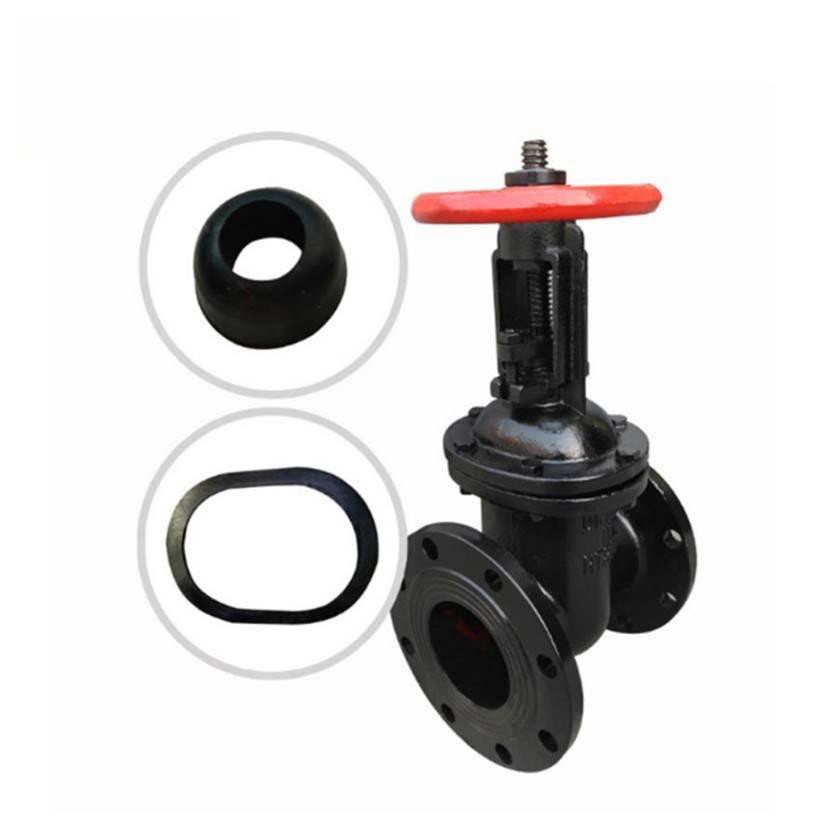Understanding the Functionality and Applications of Instrumentation Needle Valves in Various Industries
Instrumentation Needle Valves An Overview of Their Importance in Precision Control
Instrumentation needle valves play a crucial role in various industrial applications, particularly in processes that require precise control of fluid flow. By allowing minute adjustments in flow rates, these valves are indispensable in sectors such as oil and gas, pharmaceuticals, and chemical processing. Understanding the design, functionality, and applications of instrumentation needle valves can help industries enhance their operational efficiency and ensure safety.
What are Instrumentation Needle Valves?
Instrumentation needle valves are specialized valves designed to control the flow of liquids and gases in instrumentation applications. Unlike other types of valves, needle valves feature a slender, tapered point at the end of the valve stem, enabling fine control over the flow rate. Their design allows for minimal flow disruption, making them ideal for maintaining stable operating conditions in sensitive systems.
Typically constructed from materials such as stainless steel, brass, or plastic, needle valves can withstand high temperatures and pressures, making them suitable for a range of challenging environments. They are often used in conjunction with pressure gauges, flow meters, and other instrumentation equipment, ensuring accurate measurement and control of various processes.
How Do Needle Valves Work?
The operation of a needle valve is straightforward but effective. When the handle of the valve is turned, it raises or lowers the needle-shaped plunger, which either restricts or allows fluid flow. The valve's design enables operators to make precise adjustments, offering control over very low flow rates that other valve types cannot achieve.
For instance, in a scenario where a process requires a steady and accurate flow of liquid to a sensitive gauge, a needle valve allows operators to achieve that precision. The gradual adjustments help prevent abrupt changes in pressure or flow, which could lead to system imbalances or damage.
Key Applications of Instrumentation Needle Valves
instrumentation needle valves

1. Oil and Gas Industry In this sector, instrumentation needle valves are critical for controlling the flow of hydrocarbons and other fluids. They are used in sampling systems, pressure control, and other applications that require precise flow manipulation.
2. Chemical Processing Precision is vital in chemical processing to ensure safe and efficient reactions. Needle valves facilitate accurate dosing and control of reactants, contributing to better yields and minimized waste.
3. Pharmaceutical Manufacturing In pharmaceuticals, where the margin for error is minimal, needle valves help manage the flow of ingredients used in production, ensuring consistency and quality in formulations.
4. Water Treatment Needle valves are employed in water treatment facilities to regulate the flow of chemicals added for purification processes, ensuring effective treatment without overdosing.
Benefits of Using Instrumentation Needle Valves
The primary advantages of instrumentation needle valves lie in their precision and reliability. They provide operators with the ability to finely tune flow rates, which is particularly beneficial in systems where minor fluctuations can lead to significant consequences. Additionally, the robust construction of these valves enables them to operate effectively in harsh environments, reducing maintenance needs and enhancing system longevity.
Moreover, needle valves are compact and lightweight, making them suitable for applications where space is limited. Their simplicity and efficiency also contribute to overall operational costs by minimizing downtime and reducing the need for complex control systems.
Conclusion
Instrumentation needle valves are vital components in many industrial processes that require accurate flow control. By enabling precise adjustments and operating reliably in a range of conditions, they ensure that systems run smoothly and efficiently. As industries continue to seek improved ways to optimize their operations, the importance of instrumentation needle valves will only grow, underscoring their significance in technological advancement and process control.
-
The Key to Fluid Control: Exploring the Advantages of Ball Valves in Industrial SystemsNewsJul.09,2025
-
The Versatile World of 1, 2, and 3 Piece Ball ValvesNewsJul.09,2025
-
Stainless Steel Ball Valves: The Ideal Choice for Efficient Flow ControlNewsJul.09,2025
-
Optimizing Fluid Control with Ball Float ValvesNewsJul.09,2025
-
Manual Gate Valves: Essential for Control and EfficiencyNewsJul.09,2025
-
Everything You Need to Know About Butterfly ValvesNewsJul.09,2025
-
The Versatility of Wafer Type Butterfly ValvesNewsJul.08,2025




